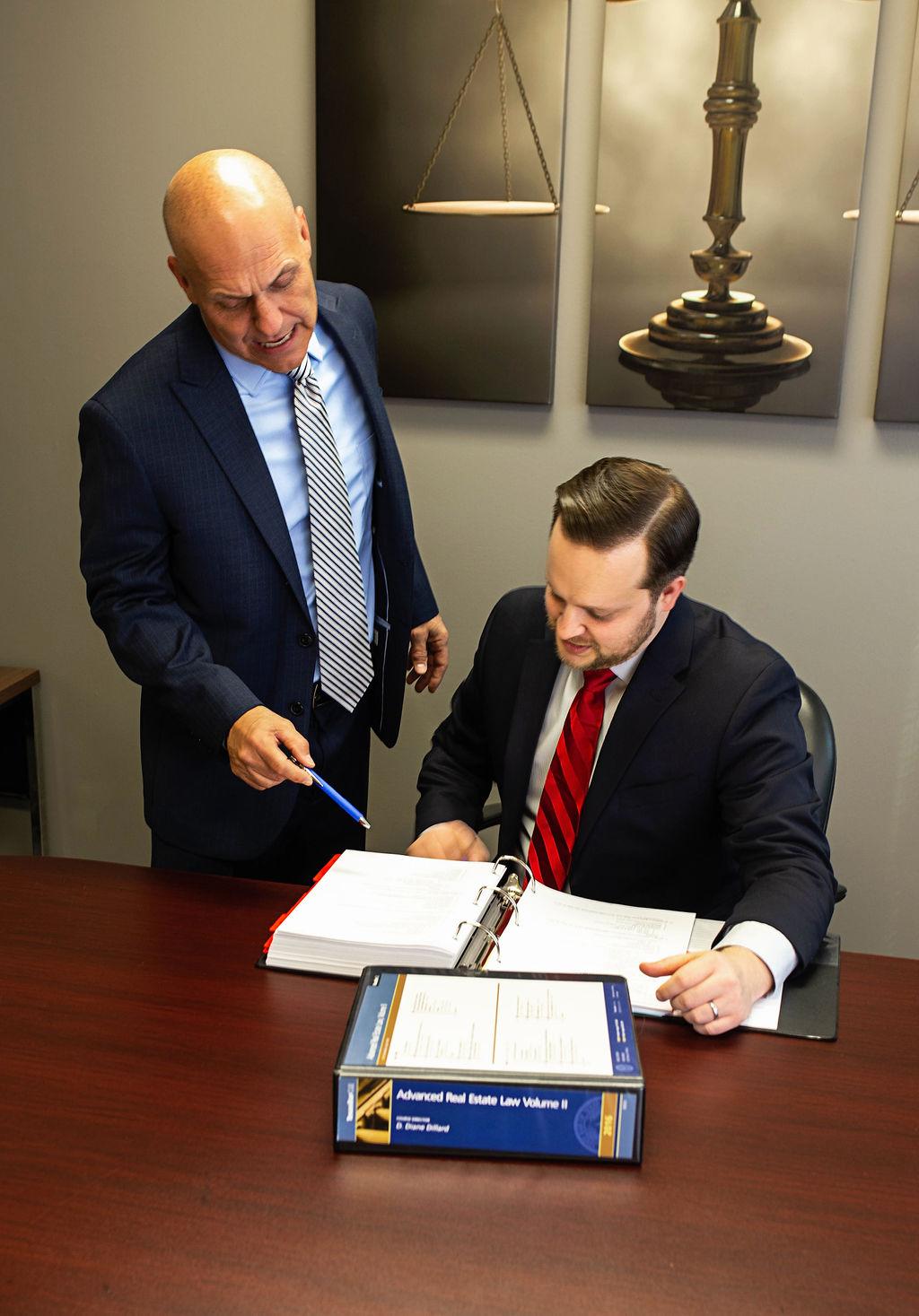Our Facebook posts contain generic discussions that are not intended as legal advice. Each situation is different. You should hire an attorney to discuss your specific situation.

This message is only visible to admins.
Problem displaying Facebook posts. Backup cache in use.
Click to show error
Problem displaying Facebook posts. Backup cache in use.
Click to show error
Error: Error validating access token: The session has been invalidated because the user changed their password or Facebook has changed the session for security reasons. Type: OAuthException

